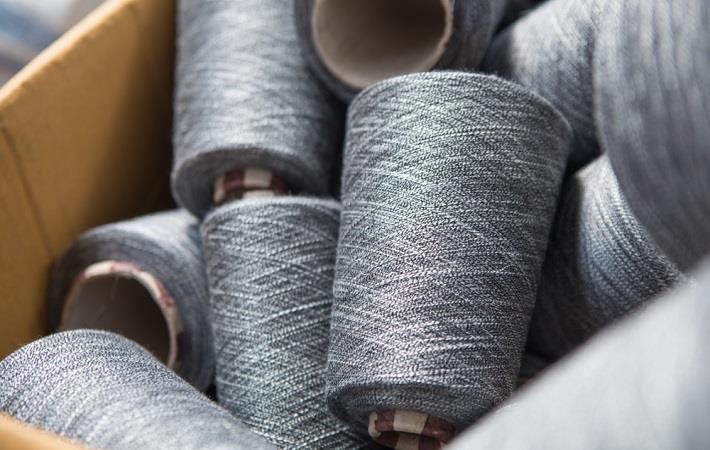Rising blending requirement heats up manmade yarn prices

In February last year, the Indian government removed anti-dumping duty on purified terephthalic acid (PTA), imported from South Korea, Thailand, China, Indonesia, Taiwan, Iran and Malaysia. Government had levied the anti-dumping duty on PTA in October 2013. "The decision to do away with anti-dumping duty was primarily driven by the fact that producing companies like Reliance, Mitsubishi and IOC were unable to ensure required quantities, while the prices were sky-rocketing," Commodities Control said in the last of its three-part cotton special series report.
PTA is a prime ingredient used in making polyester fibre and many man-made yarns. Industry hoped for PTA prices to cool off by ₹4-6 per kg, but by the time the duty was removed, pandemic-led restrictions disrupted the entire sector. However, with the sector along with other industries getting back on track the prices have surged sharply due rebound in demand and limited supply situation. As a result, MMF prices have hit through the roof due to its requirement as a cheaper blending option for cotton yarn.
According to a Surat-based trader Vishal Patel, yarn prices have shot up to ₹125/kg from a level of ₹65/kg during lockdown, while the same yarn was valued at ₹85/kg in pre-covid times. With cotton yarn costing nearly ₹250 per kg, synthetic yarn continues to be cheaper at half the rate due to which blending activity has risen. However, the extent of blending cannot be determined.
“Man-made yarn prices have increased alongside cotton yarn rates. Synthetic yarn’s blending in cotton fabric and garments cannot exceed 10 per cent,” says NITMA’s Sanjay Garg. “There is unnecessary fuss around the rise in cotton yarn prices, as its effect on the input cost is minimal as compared with the cost of fabrics and garment. For instance, if the price of cotton yarn rose by ₹15-20 per kg in order to make a shirt costing ₹1,000-1,500 in retail stores, it's a negligible rise."
Patel, on the other hand, observes that a blending in cotton fabric upto 30 per cent can be easily achieved without affecting its quality and performance. Also, the clothes made up of cotton yarn are getting costlier due to its expensive ingredient. This is one reason that demand for polyester and synthetic clothes has increased. This rising demand is keeping MMF rates elevated.
Source: Commodities Control Bureau
Fibre2Fashion News Desk (RKS)
































-Ltd..jpg?tr=w-120,h-60,c-at_max,cm-pad_resize,bg-ffffff)





.jpg?tr=w-120,h-60,c-at_max,cm-pad_resize,bg-ffffff)
.jpg?tr=w-120,h-60,c-at_max,cm-pad_resize,bg-ffffff)






